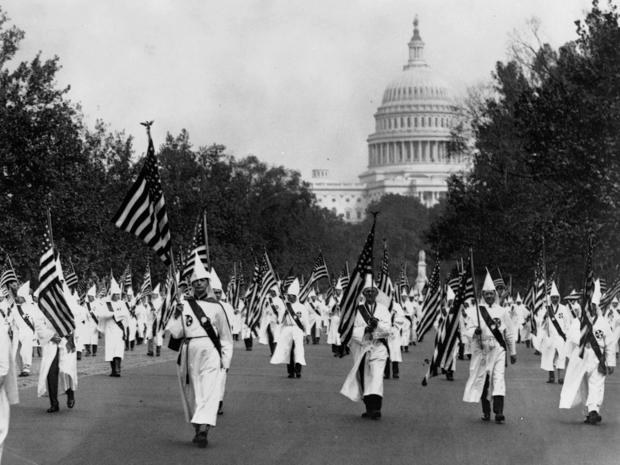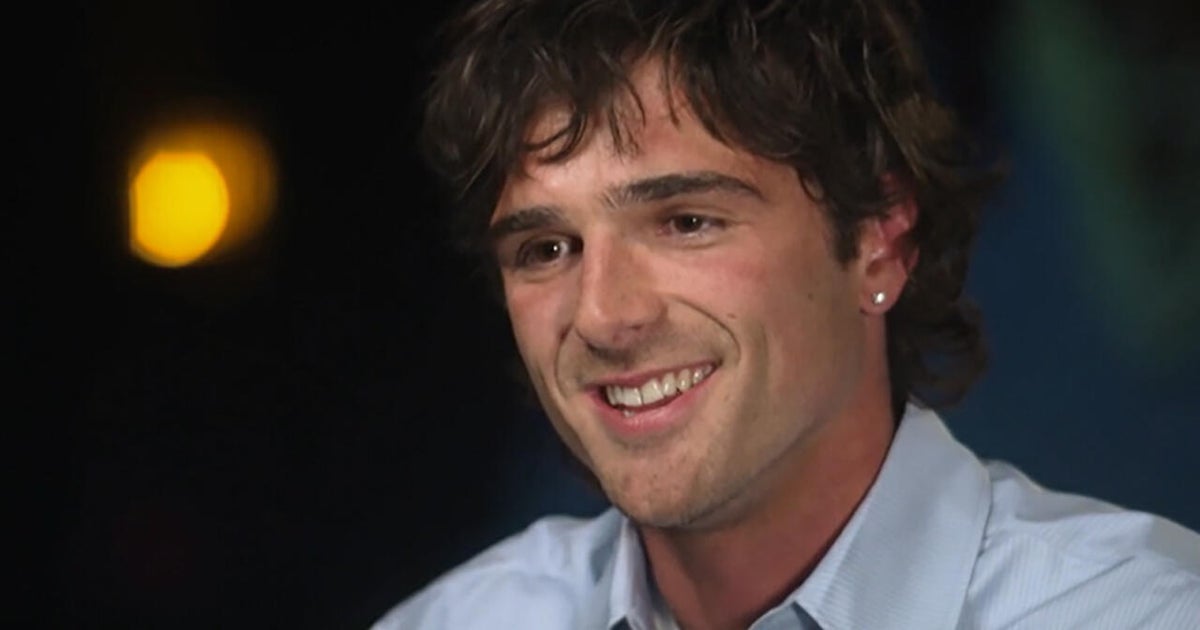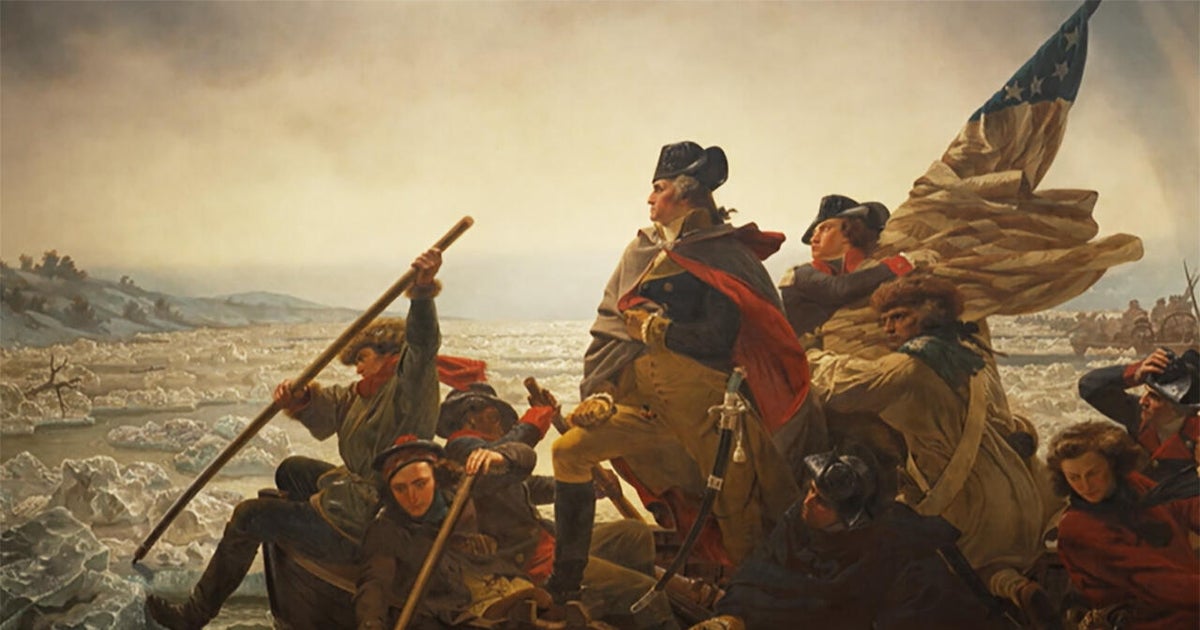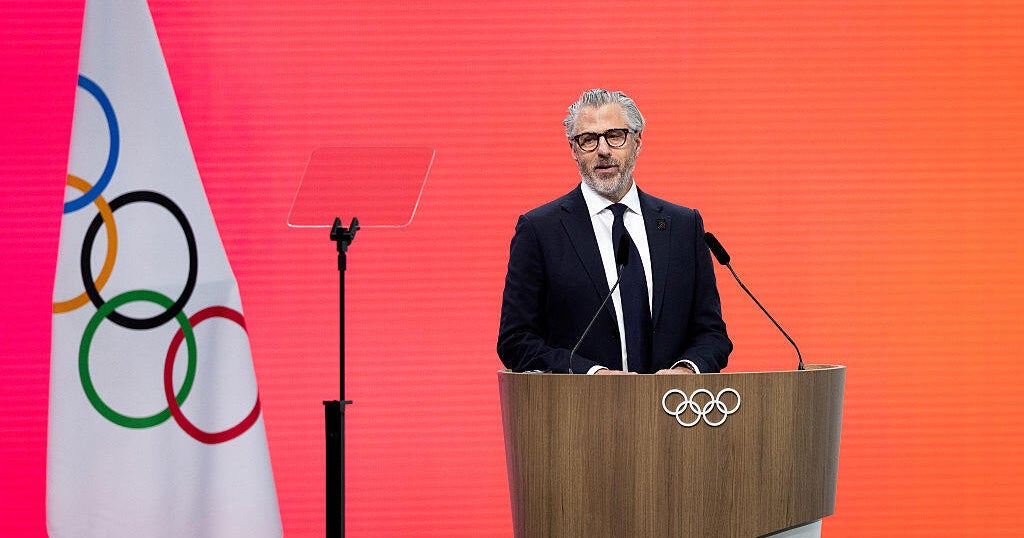Charles M. Blow on when the media gives a platform to hate
Charles M. Blow is a columnist for The New York Times, and author of "The Devil You Know: A Black Power Manifesto" (HarperCollins).
One hundred years ago this week, the New York World began to publish a 21-part explosive exposé on the inner workings of the Ku Klux Klan.
It was a sensation. As the Columbia Journalism Review has put it, "The series drew two million readers nationwide. New Yorkers stood in line for copies. And the Justice Department and several congressmen promised to investigate the group."
The World would win the Pulitzer Prize for public service – the most coveted of the awards – for its efforts.
But some believe giving the Klan this much exposure was a terrible idea. As Felix Harcourt, author of "Ku Klux Kulture," told the Guardian in 2018: "Some in the Black press think that the best thing to do is to deny the Klan any publicity whatsoever - what was referred to at the time as 'dignified silence.'"
Sure enough, the series did not have the effect that one might have thought. It did not cow or shrink the Klan. To the contrary, the Klan's membership exploded.
Just four years later, 30,000 Klan member marched down Pennsylvania Ave. in D.C. in what the Washington Post called at the time, "one of the greatest demonstrations this city has ever known."
This all remains a cautionary tale about exposure and evil in the world of journalism.
In 1913, soon-to-be nominated Supreme Court justice Louis Brandeis wrote in Harper's Weekly under the headline "What Publicity Can Do," that "sunlight is said to be the best of disinfectants."
But in journalism, this idiom is more complicated. Sometimes the infected court the infection. Sometimes the light you shine on evil also illuminates the path to it.
Sometimes publicity is advertising.
Consider how this continues to manifest today, whether through election denial, QAnon conspiracies, or vaccine resistance.
Sometimes people are drawn to what we believe fact and logic would repel them from. Sometimes when we expose evil, we create or amplify an allure of it. Sometimes people willfully plunge into (and are consumed by) the very flame that provides the light.
More by the author:
- Charles Blow on the greatest threat to our democracy: White supremacy
- Memories of the 1921 Tulsa Massacre
- Charles M. Blow on race and the power held by police
- Charles M. Blow on Derek Chauvin trial: "This time … history would not be repeated"
For more info:
Story produced by Robbyn McFadden. Editor: Emanuele Secci.
See also:
- YouTube bans videos with false claims of widespread election fraud
- Q and the ABCs of spreading conspiracy theories ("Sunday Morning")
- Why are so many women falling for the QAnon conspiracy theory? ("Red & Blue")
- FBI warns conspiracy theories may lead to real-life violence (CBSN)
- A dozen anti-vaccine accounts are responsible for 65% of disinformation shared online, new report finds




